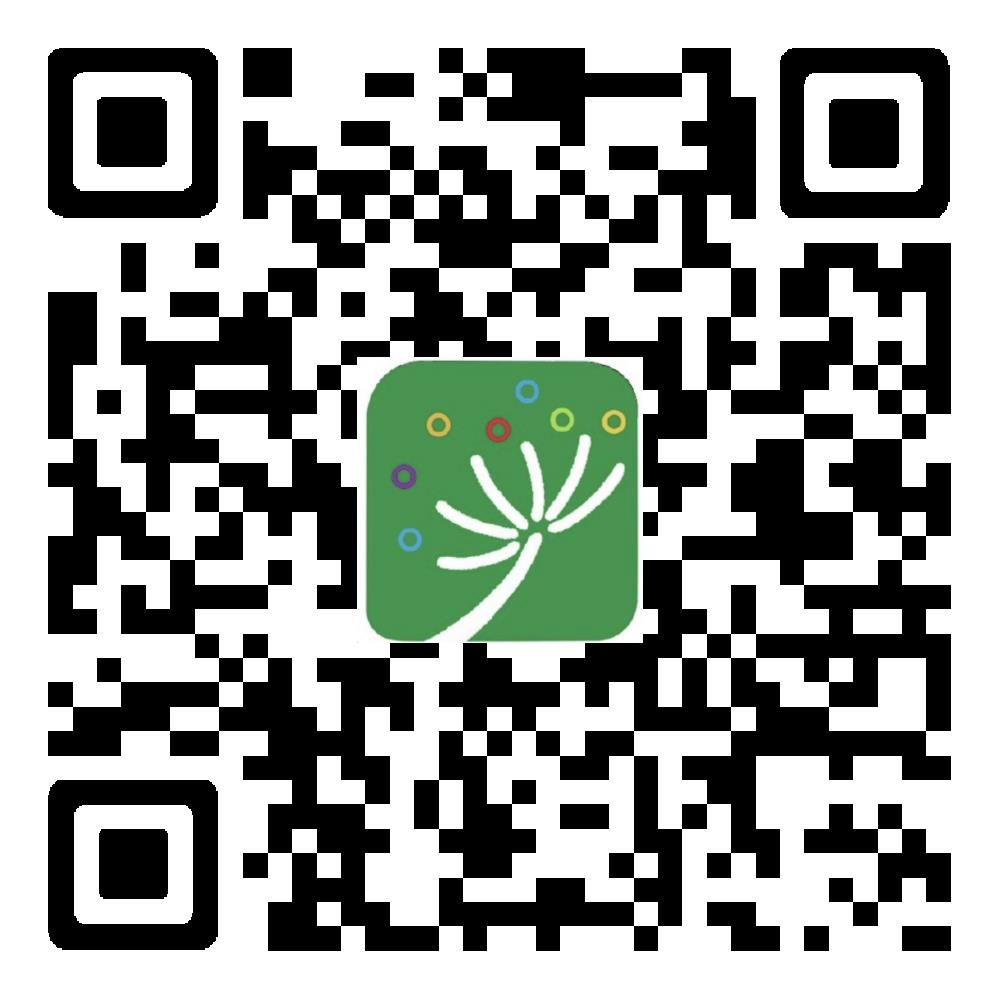On the third anniversary of the launch of the Smart Education of China platform, the MOE convened a national conference on the theme “Artificial Intelligence and Educational Transformation” to set priorities for the 2025 Digital Education Strategic Action Plan. Minister of Education Huai Jinpeng outlined strategies to further integrate AI into China’s educational landscape, supporting national efforts toward building a world-class education system by 2035.
Huai stressed the critical role of AI in transforming education. He emphasized the importance of aligning AI-driven solutions with China’s broader educational goals, particularly holistic student development, curriculum formation, and enhanced global educational cooperation. Huai urged education administrators and teachers nationwide to strengthen their digital competencies and instructional capabilities to effectively leverage AI tools, ensuring that students can thrive in an increasingly automated and interconnected world.
Reflecting on the achievements of the last three years, Huai noted that the Smart Education of China platform has become the world’s largest high-quality digital education repository. He said the MOE plans to further improve the quality of content, incorporate educational resource sharing mechanisms, and expand public education. Key initiatives include establishing a comprehensive national resource center, streamlining access to public education-related services—such as easier cross-provincial student transfers and teacher qualification certifications—and launching a national lifelong education platform designed to support professional training and lifelong learning opportunities.
Huai also underscored the importance of harnessing the power of AI ethically and responsibly, calling on educational institutions to prioritize data and algorithm security. He encouraged universities to expand their AI-related disciplines and programs in order to nurture talent capable of contributing to China’s modernization drive.
The conference featured the launch of Smart Education of China 2.0, which now includes enhanced AI functionalities, as well as training sessions designed to improve the AI literacy of educational administrators and school principals.
Representatives from Beijing No. 4 High School and Fujian Normal University Affiliated Middle School also shared insights on integrating digital reading practices with traditional reading practices.



